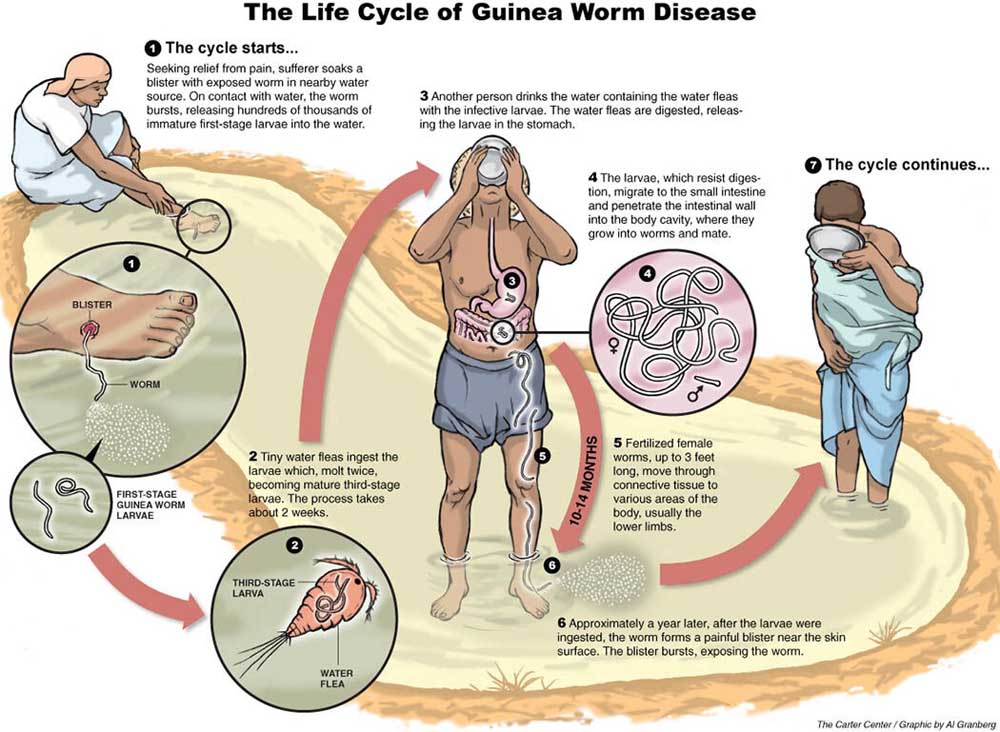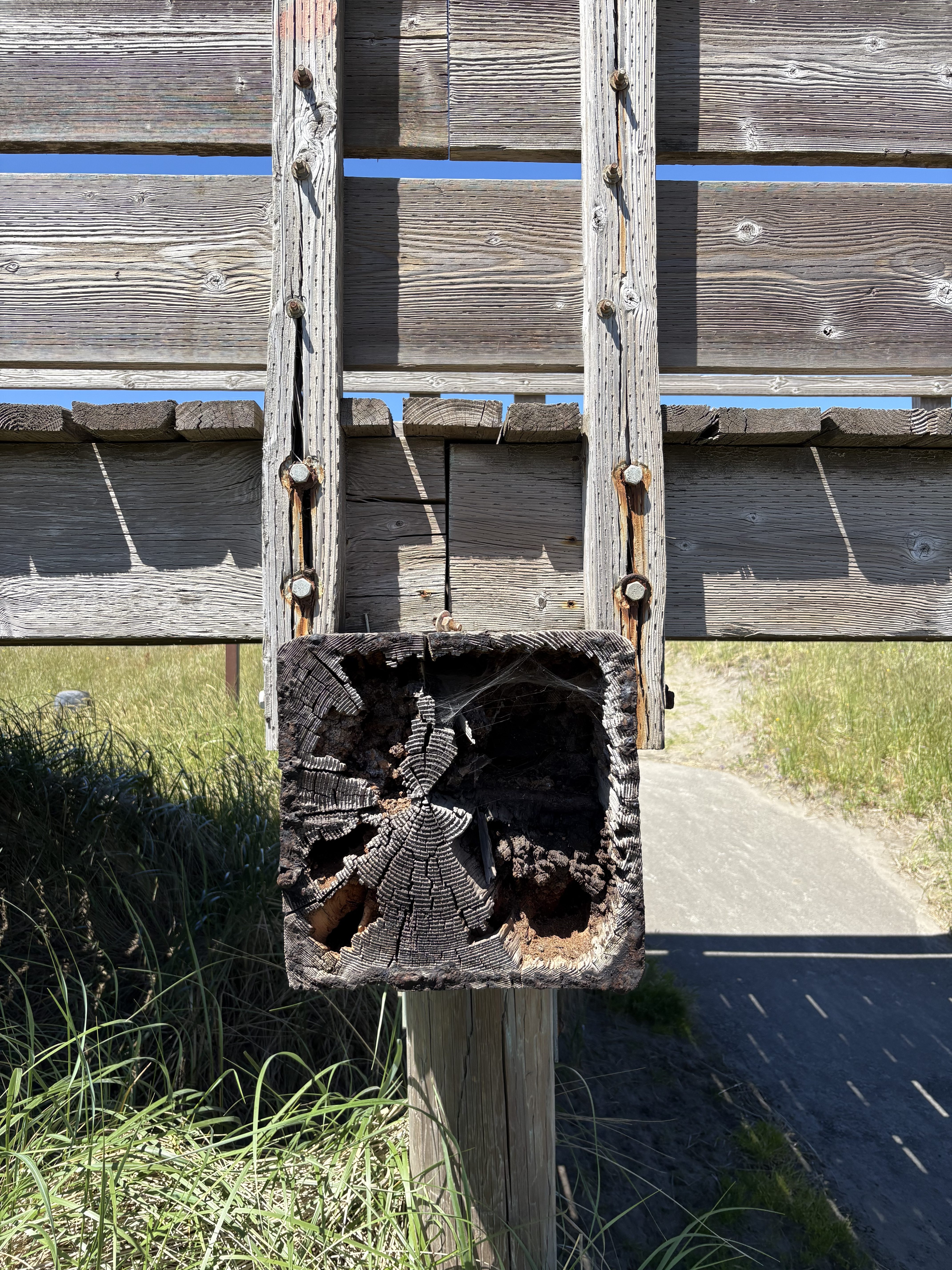Guest column: Join the fight against dire diseases
Published 11:50 am Monday, November 27, 2023

- Guinea worm disease life cycle
I’m always thrilled to see Public Health topics in the Observer. Matt Winters’ Nov. 13 editorial, “Do your duty, get the shots,” (tinyurl.com/CO-Vaccine-Column) was a special treat.
Trending
Winters writes of a local public health physician, John Holt at the Quarantine Station in Knappton, who “stood his ground” in 1908 when smallpox control needed to take precedence over the peacetime movement of a military ship. At the time, smallpox killed about 30% of unvaccinated people who became infected — so this kind of courage could make a big difference.
Due to amazing, creative, coordinated global teamwork, the smallpox virus no longer exists on Earth outside two secure research laboratories in Russia and the USA. Some Public Health experts think the laboratory viruses should be destroyed too: tinyurl.com/Vox-Smallpox.
Winters uses a “teaser” at the end of his editorial — “Let’s keep working together to consign other germs to the same fate.” That begs for a response! There are two infectious diseases that are current candidates for eradication.
Trending
Guinea worm disease
The first is Guinea worm disease. Guinea worm is a parasite, living under the skin of humans or dogs and causing disabling pain, that reproduces when the host goes into water. When people or dogs drink unfiltered water, the worm begins reproducing and eventually gets under the new host’s skin to reproduce again.
Prevention of Guinea worm infection involves changing people’s behavior, which is always a big challenge. Filtering all drinking water, and keeping infected people and dogs out of the water, interrupts the worm’s reproductive cycle — but that’s difficult where people’s drinking and bathing places involve lakes and streams.
For decades, national governments and the World Health Organization have been helped by efforts started by former President Jimmy Carter, who has dedicated his entire post-presidential career to serving others. The Carter Center’s perspective on Guinea worm eradication is here: www.cartercenter.org/health/guinea_worm/index.html.
Polio
The second candidate for eradication is polio. Only humans get polio, and we have very effective vaccines — but polio is still with us in a few countries, mostly because polio eradication requires constant vigilance. Because humans are so interconnected, infants and children must be immunized, worldwide, until polio viruses are gone.
With Rotary Club members nationwide, our community’s Peninsula Rotary contributes funds to global polio eradication efforts. Rotary International’s contributions are generously matched by the Gates Foundation in Seattle, then spent worldwide on poliovirus control.
We hope we are within a few years of completely eliminating wild poliovirus. By switching back to killed-virus vaccines wherever possible, we should be able to control the much smaller problem of vaccine-derived poliovirus. Then, after extended surveillance confirms there’s no more virus, we should be able to stop most of our global polio vaccine efforts.
Rotary International explains Rotary’s polio eradication program here: www.rotary.org/en/our-causes/ending-polio. Polio is just one of many service projects of our community’s Peninsula Rotary: beachrotary.org. When we all do our part, the whole world is a little healthier!









